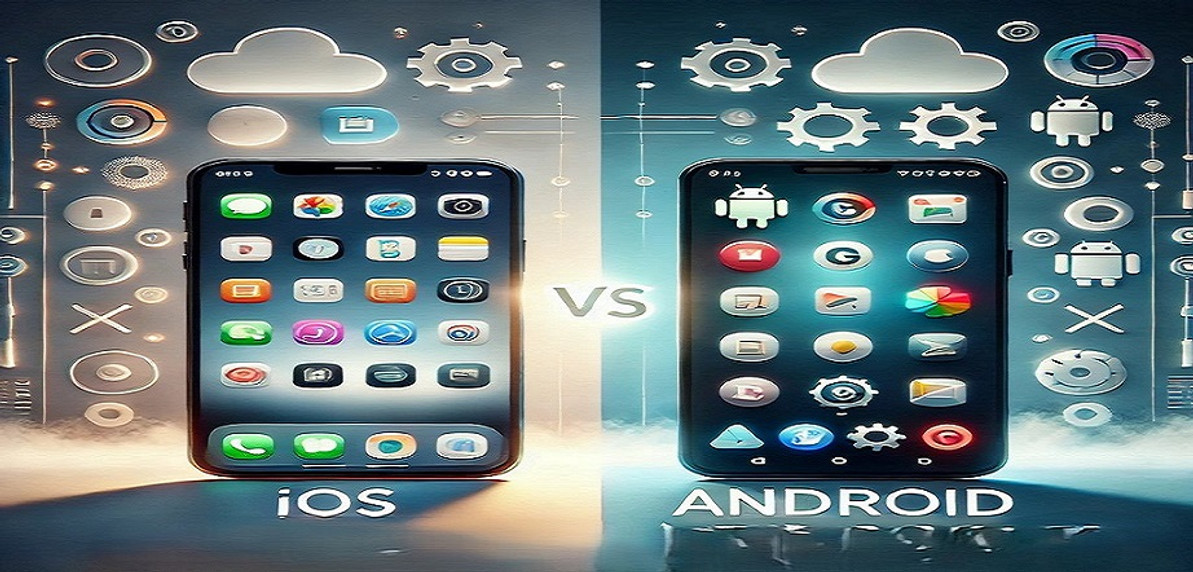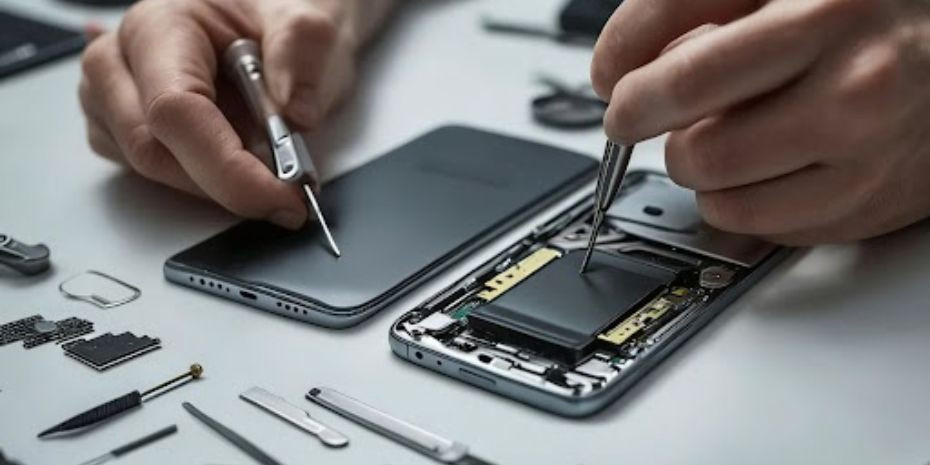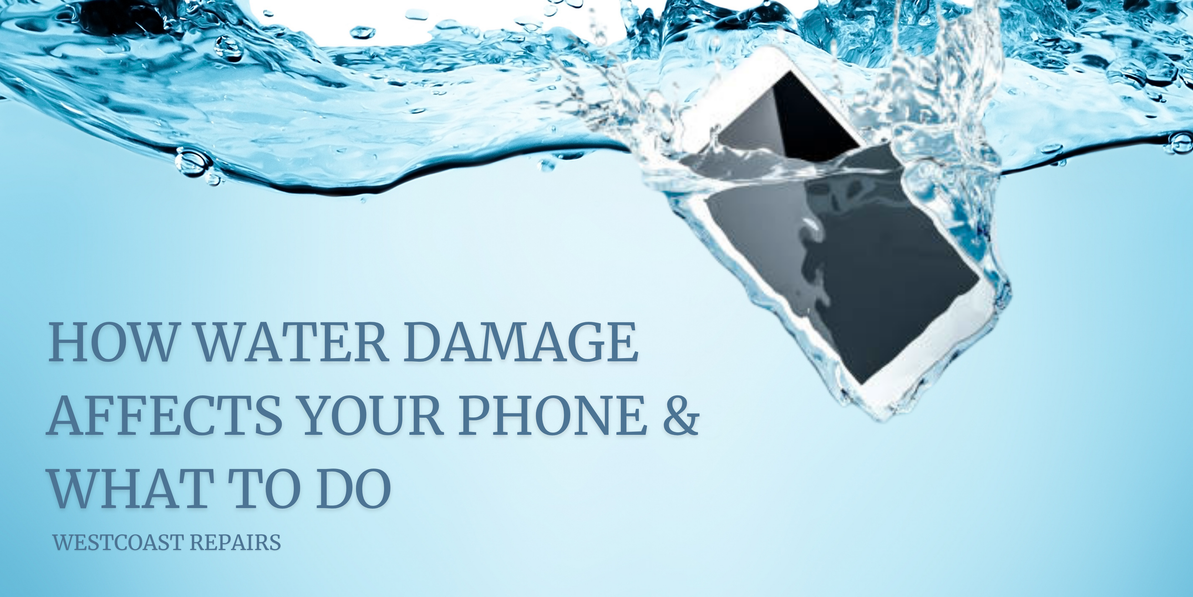iOS vs. Android: A Comprehensive Software Comparison
When it comes to smartphone operating systems, iOS and Android dominate the market. Both offer powerful features, but there are differences in usability, security, customization, and performance. This blog will help you understand the key comparisons between the two ecosystems.
- User Interface and Usability:
iOS: iOS is known for its minimalist design, sleek and intuitive interface, and smooth performance with no clutter in the user experience.
Android: Android offers extensive customization options for the home screen, widgets, and themes. Manufacturers like Samsung, Google, and Xiaomi modify Android to create diverse user interfaces, which can be both advantageous and disadvantageous.
If you prefer consistency and simplicity, iOS wins. If customization matters, Android takes the lead.
- App Ecosystem and Availability:
iOS: Apple’s App Store has strict quality control, ensuring safer and optimized apps. Some apps or updates may arrive on iOS later than on Android.
Android: The Google Play Store offers a wider variety of apps, but this openness increases the risk of malicious apps. Android also supports side-loading (installing apps from outside the Play Store), giving users more freedom.
iOS offers quality and security, while Android provides variety and flexibility.
- Security and Privacy:
iOS: Apple prioritizes user privacy, with features like app tracking transparency and encrypted messaging. iPhones are less prone to malware because of Apple’s strict control over the ecosystem.
Android: While Android has enhanced security with regular updates and Google Play Protect, its open-source nature makes it more susceptible to malware. Additionally, privacy policies vary depending on the manufacturer.
iOS is often considered more secure and privacy-focused, but Android offers reasonable security with more freedom.
- Performance and Updates:
iOS: iOS updates roll out simultaneously to all compatible devices, ensuring uniform performance across older models. Apple’s hardware-software integration leads to better optimization, even with smaller batteries and less RAM.
Android: Android updates depend on manufacturers, leading to fragmentation. Google's Pixel phones get timely updates, while others may take months. However, Android phones often have powerful specs for smooth performance.
iOS has an edge in updates and long-term performance, but high-end Android devices offer competitive speed and power.
- Customization and Flexibility:
iOS: Apple limits customization options to maintain simplicity and stability. Users have little control over layouts or default apps.
Android: Android excels in this area, providing users with extensive customization options for launchers, widgets, icons, and settings.
If you love customizing and personalizing your phone, then Android is the perfect choice for you.
- Hardware and Device Variety:
iOS: Apple's tight control over both hardware and software, combined with limited annual iPhone releases, results in seamless integration and enhanced optimization.
Android: With numerous manufacturers using Android, there’s a wide range of phones available—at different price points and with varying features. From budget options to foldable, Android offers more choice.
When it comes to variety and affordability, Android offers a wide range of options. On the other hand, if you value high-end consistency, iOS might be the better choice for you.
- Price and Value for money:
iOS: Apple products are generally more expensive, with fewer budget options. However, iPhones tend to hold their value longer in the resale market.
Android: Android devices cover a wide price range, from affordable to premium. This variety makes Android more accessible to different consumers.
Android offers more value options, but iOS ensures premium quality and longevity.
Conclusion:
When comparing iOS and Android, the decision ultimately boils down to personal preferences. If you prioritize simplicity, security, a seamless ecosystem, and long-term updates, then iOS is the ideal choice. On the other hand, if you prioritize customization, device variety, and flexibility, then Android is the best choice for you. Both platforms have their own strengths, so you can have a great smartphone experience no matter which one you choose. The important thing is to figure out which features are most important to you and then choose the ecosystem that fits best with your lifestyle.
Recent Posts
-
How Much Will It Cost to Fix a Samsung Phone?
You drop your Samsung phone, and that awful cracking sound makes your heart skip a beat. Or maybe yo …31st Dec 2025 -
After-Market or Original Mobile Parts: Which One Is Good for Your Phone?
When your phone breaks, the stress hits quickly. A cracked screen, a dying battery, or a faulty char …31st Dec 2025 -
How Water Damage Affects Your Phone & What to Do
Understanding Water Damage in Phones Accidental exposure to water is one of the most common reasons …4th Oct 2025




